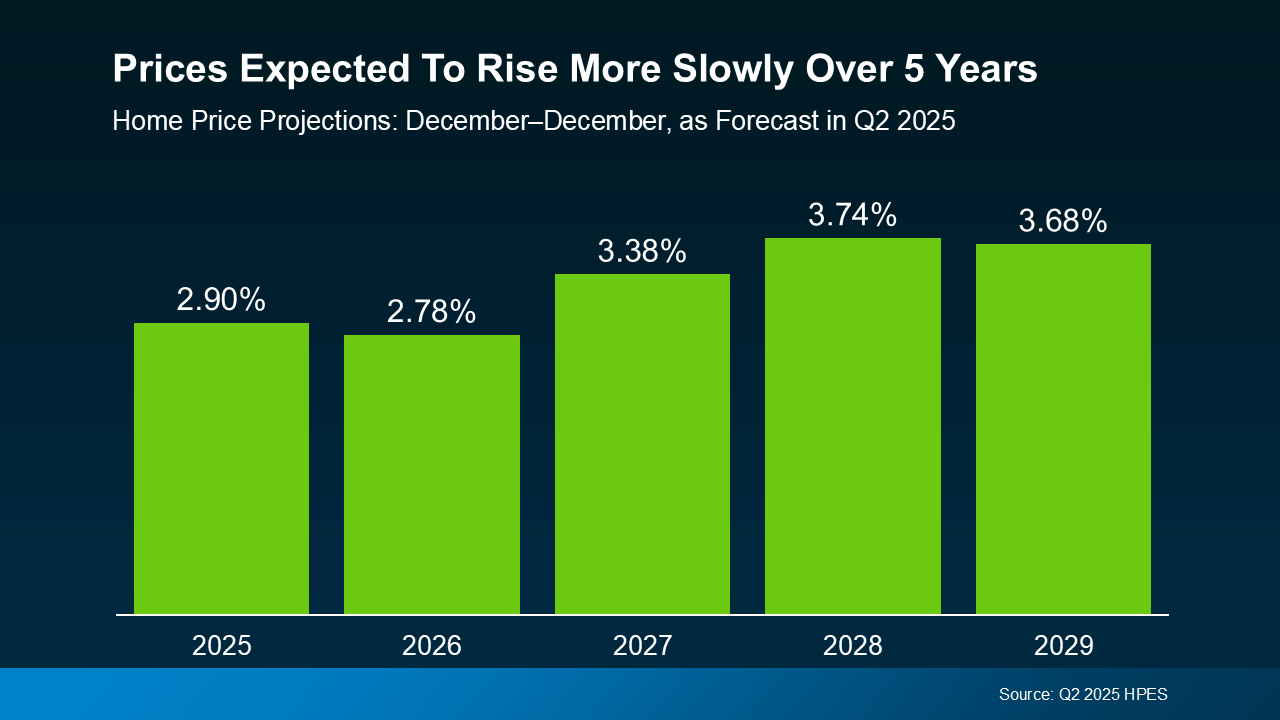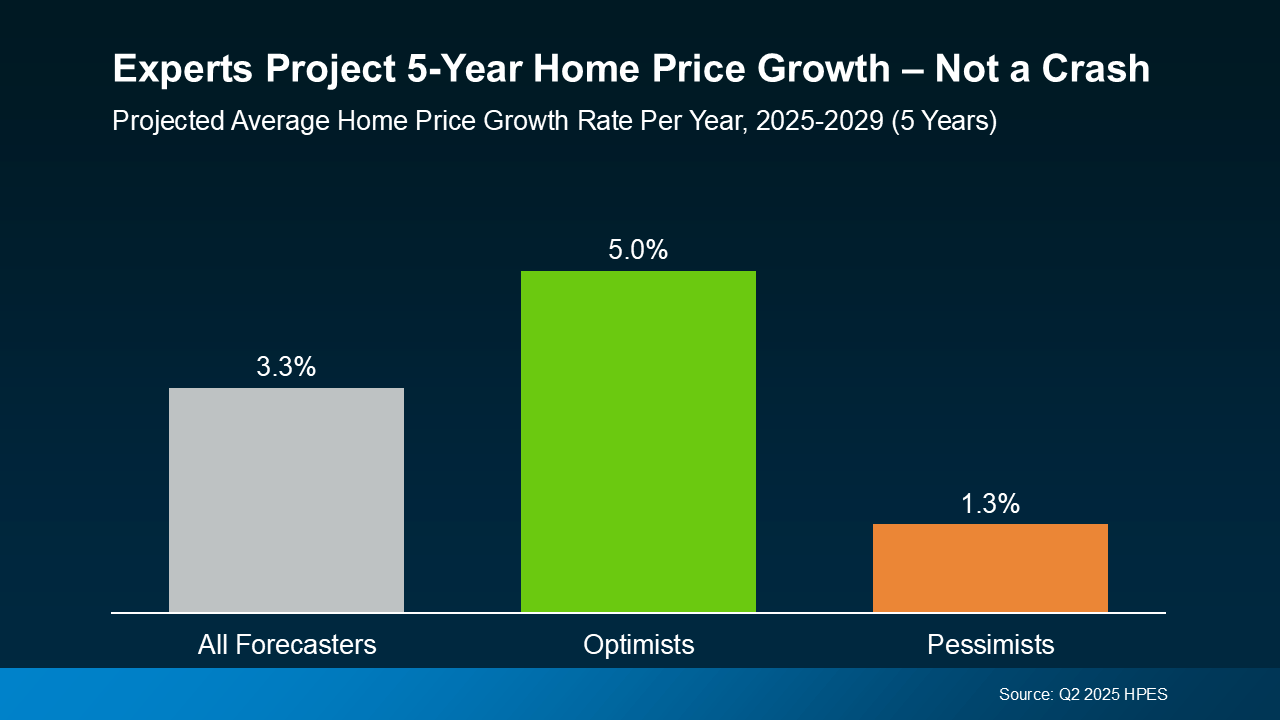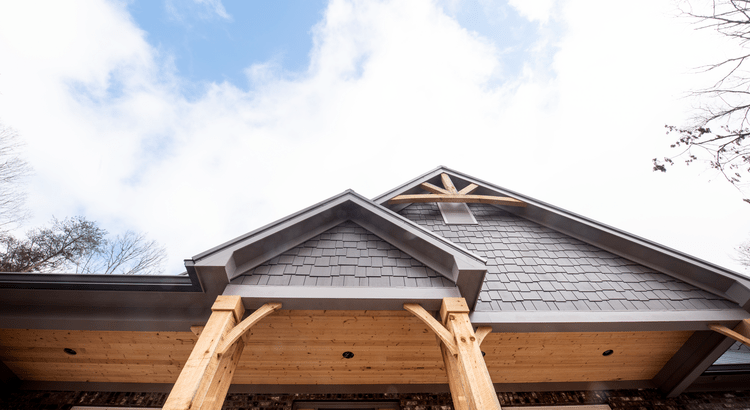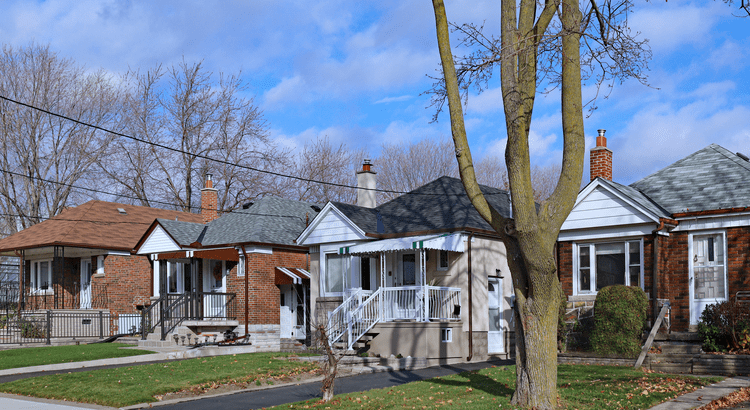Home Prices Aren’t Crashing—They’re Leveling Up: What You Really Need to Know About the Housing Market

It’s easy to get caught up in scary headlines screaming “Housing Market Crash!” or “Real Estate Bubble About to Burst!” But let’s be real: most of those stories are built to grab your attention, not give you clarity.
So, what’s the truth behind the noise? Is the housing market teetering on the edge of disaster—or are we just watching it shift into a more sustainable rhythm? Spoiler: it's the latter. Let’s break it all down.
Why The Market Feels Uncertain Right Now
You’ve probably noticed that home prices aren’t skyrocketing like they were a year or two ago. In some areas, they’re even dipping slightly. That might sound like trouble, but it’s not unusual—it’s just what happens when more homes hit the market and competition cools a bit.
Think of it like this: the market was sprinting, and now it’s jogging. It’s not collapsing—it’s catching its breath.
What The Experts Say (Hint: It’s Not Doom and Gloom)
Fannie Mae’s latest Home Price Expectations Survey (HPES) tapped over 100 of the country’s leading housing market experts. What did they find? No one is predicting a crash. Not a single one. Instead, their forecasts point toward steady appreciation in home values over the next five years.
Here’s what their projections look like:
-
📈 Optimists expect around 5% annual growth
-
📉 Pessimists forecast 1.3% annual growth
-
⚖️ The average prediction? About 3.3% per year through 2029
That’s slow, consistent growth—not the dramatic boom (or bust) we saw during the pandemic frenzy.

So, What’s Really Driving This Resilience?
If you’re wondering why the housing market isn’t plunging despite higher mortgage rates and affordability concerns, here’s why:
1. Strong Homeowner Equity
Homeowners today have near-record levels of equity. That means fewer people are in distress or at risk of foreclosure, which helps keep supply from flooding the market.
2. Low Foreclosure Rates
Unlike in 2008, lending practices have tightened up. Borrowers are generally more qualified, and that’s kept default rates low. In other words, there’s no tsunami of distressed properties ready to hit the market.
3. Housing Inventory Is Still Tight
Sure, more listings are popping up—but in many regions, supply still isn’t keeping up with demand. Buyers are still out there, and that continues to support price growth.

Expect Some Local Fluctuations
Now, not every market is moving in the same direction. In places where inventory has jumped, you may see prices stay flat or even slip slightly. On the flip side, hot markets with tight inventory might still see home values rise faster than the national average.
It’s like weather forecasts: the national trend gives you the big picture, but your zip code is where it really matters. That's why local data is key when making decisions about buying or selling.
Should You Wait for Prices to Drop?
Honestly? If you're holding off for a major price drop... you might be waiting a long time.
With no signs of a national crash, and every expert group projecting growth, it’s becoming clear that waiting for a market collapse may not be the smartest move. The days of double-digit appreciation are likely behind us—for now—but slow and steady wins the race, right?
Why This Slower Growth Is Actually a Good Thing
It might not sound exciting, but this new normal is actually healthier for everyone—buyers, sellers, and the entire market.
-
Buyers get a little more breathing room to make decisions.
-
Sellers still benefit from rising values—just without the frenzy.
-
The market becomes less volatile and more stable.
This kind of balance is what builds long-term confidence and sustainability. It's not about timing the market perfectly—it's about understanding where it's going and making informed decisions.
The Bottom Line
Despite all the crash talk out there, the housing market is not headed off a cliff. Instead, it’s stepping into a more stable phase marked by moderate price growth, strong homeowner equity, and low foreclosure rates.
If you’ve been sitting on the sidelines, hoping for prices to tumble, now’s the time to re-evaluate. The market is shifting—but not in the way most headlines suggest.
Want to Know What This Means for You?
National trends are helpful, but real estate is local. Curious how your neighborhood is performing? Whether you’re thinking about buying, selling, or just keeping tabs on your home’s value, it pays to know what’s happening right where you live.
Let’s chat. I’ll break down the latest data in your zip code so you can make smart, confident moves—no panic necessary.
Recent Posts










GET MORE INFORMATION
